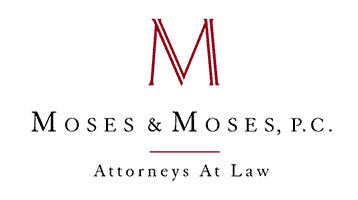In October, 1913 a minor provision was attached to a revenue bill to establish the first income tax following the ratification in February, 1913 of the Sixteenth Amendment of the Constitution. There were prior forms of income tax, but they were short lived until the Sixteenth Amendment became law. For a deeper understanding of how Congress tricked itself into establishing this tax, a scholarly read is available in The Tax Lawyer, Vol. 66, No. 2, Winter 2013, “Origins of the Modern Income Tax, 1894-1913”, by Sheldon D. Pollack.
That relatively simple revenue raiser to replace the repealed sugar tariff has morphed into a far more complex and intricate set of public finance policy inducing some mighty weird behavior by taxpayers. For example, in considering some of the techniques for estate and business succession planning, I call to your attention SCINs. No, that does not stand for any of the things you might think of in connection with a tax avoidance/deferral technique. The acronym is not even borne out by the meaning: namely, self-cancelling note. This is a promissory note received by a taxpayer in exchange for property transferred by the taxpayer to a grantor trust. The term of the note is based on the taxpayer’s life expectancy under Sec. 7520 tables. The note pays interest only until the maturity of the note (end of life expectancy). If the holder dies before the maturity date, the note and any then due interest payments are cancelled.
The taxpayer holder may require a higher amount of note than the appraised value of the property transferred and higher than market rate interest to account for the possibility that the holder may die before the maturity date of the note. IRS may challenge these transactions, especially assuming the beneficiary of the cancellation of the indebtedness most likely is a beneficiary of the transferring taxpayer. The taxpayer wants the transaction treated in accord with its face, since only tax will be paid on what is received and the effect of cancellation on death is that there is no asset in the estate.
The IRS wants the transaction treated as a gift of the amounts that are not fair market value or of the whole on the basis that the transaction was not done for other than tax reasons (not a bona fide transaction). In a recent CCA (Chief Counsel Advice 201330033) the IRS takes the position that the Sec. 7520 tables do not apply, and instead requires a Reg. §25.2512-8 willing-buyer willing-seller standard which requires taking into account the taxpayer’s medical history on the date of the “gift” transaction. There is a Tax Court case favorable to the taxpayer and a later Court of Claims case favorable to IRS, but the facts are very different in the Court of Claims case. This is a planning technique that certainly can be employed by the taxpayer in connection with succession planning in certain circumstances.






